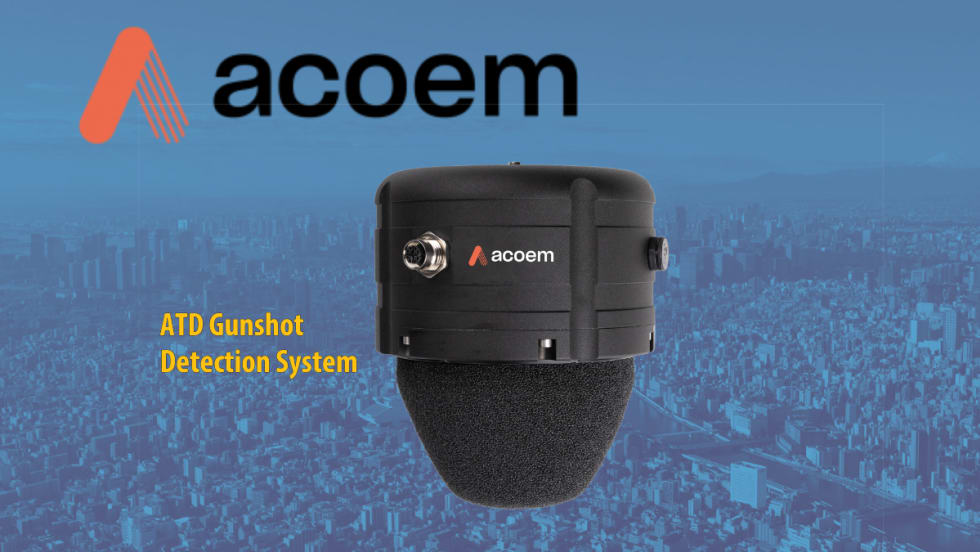Last month, we discussed how technology could help officers improve their work product and performance. While the improvements to law enforcement gear over the last two decades have helped us tremendously, they can become a hindrance in a few select areas. Officers can become too reliant on the new technology to do their job, and can easily forget that an officer's job is still 90 percent common sense and know-how.
This reliance on technology is most prevalent in two select areas. Today, we'll take a look at both and find some easy ways to correct these little "brushfires" before they become raging infernos in your department.
Mobile Data Computers (MDCs)
MDCs are one of the best inventions for law enforcement in the last century. Dispatchers can type their call into their central computer, then with the press of a button, send all of the data straight to the responding officer's patrol car. No more calling dispatch with questions like, "What are those street numbers again?" or "Can I get a premise history there?" MDCs take care of all of that, and so much more. Officers can run vehicles and suspects from the comfort of their car. MDCs have truly revolutionized police work.
However, some officers have become so reliant on them that they've forgotten a basic concept that is at the very heart of police work: street smarts. There is still no substitute for the well-informed and experienced patrol officer. Every department has its resident "street encyclopedia" on patrol. You know the one. He or she is the officer who can tell you every hiding place and apartment complex layout in your town. This officer hasn't forgotten the importance of knowing his beat, and knowing his city.
MDCs are an outstanding tool, but don't get too addicted to them. Remember, like any other electronic device, they can (and will) break down and crash from time to time. When this happens at your department, don't be left out in the cold. Know your city and know the people in it.
People, both suspects and citizens, are still your best source of intelligence gathering. They know the area and know who the main players are. Get to know the people in your city and watch your street knowledge IQ skyrocket.
Electronic Maps
Many times, these are included in the MDCs discussed above. An officer can receive the call, read the details, and see an exact path on how to get to the call the fastest and safest way possible. While this may be ideal for taking a report of a cold auto burglary, it is not as helpful when someone takes off on foot and you find yourself searching for street signs while chasing someone. Anyone who has ever been in a foot pursuit and not known their exact location when they catch up to the bad guy knows what I'm talking about here. That is one of the worst feelings in law enforcement, the feeling of being alone and not knowing how to ask for help. Don't let yourself get into that position.
Be sure you know the common areas, as well as the not-so-normal routes through the city. Make a point to take a different route to a call every once in a while, and get familiar with the perimeter roads on the outskirts of your city. You can be sure every criminal knows theses roads well, and uses them more than the well-traveled routes.
Many officers tend to think there is an imaginary wall that separates their city from the neighboring communities. Criminals don't think this way, and commonly cross city borders knowing the agencies on the other side probably have no idea what they just did in another jurisdiction. Right after their crime is completed, many suspects head straight for the city borders and skip town. Armed with this knowledge, we as officers should be able to position ourselves to intercept them on their way out of town. This would require knowledge of the routes they normally take, something you can't get from your electronic map or MDC.
Knowing your city streets will also help you set up better perimeters, forecast escape routes, and sneak up to silent calls more effectively. You'll be able to do all of this without the aid of your electronic map. Also, when the server crashes and you suddenly find yourself back to the pencil and paper days of taking calls for service, you won't be completely lost. As stated before, the one sure thing about computers and electronic equipment is that they will have their glitches, normally at the most inopportune times.
Technology is a great asset to us all, but the core of police work is still street knowledge. The well-versed patrol officer is the master of this, and his or her "street smarts" are the one thing technology can never replace.












